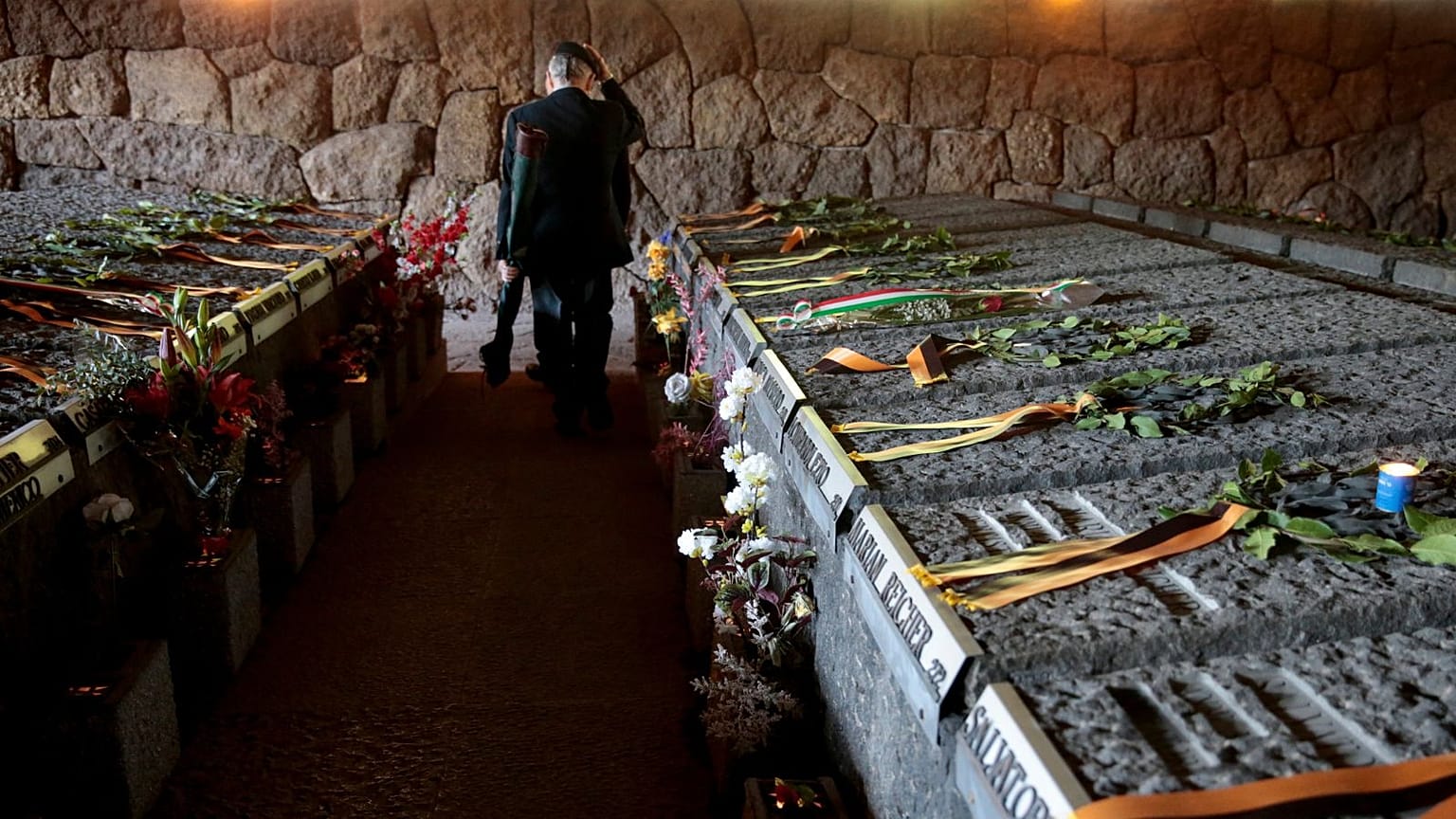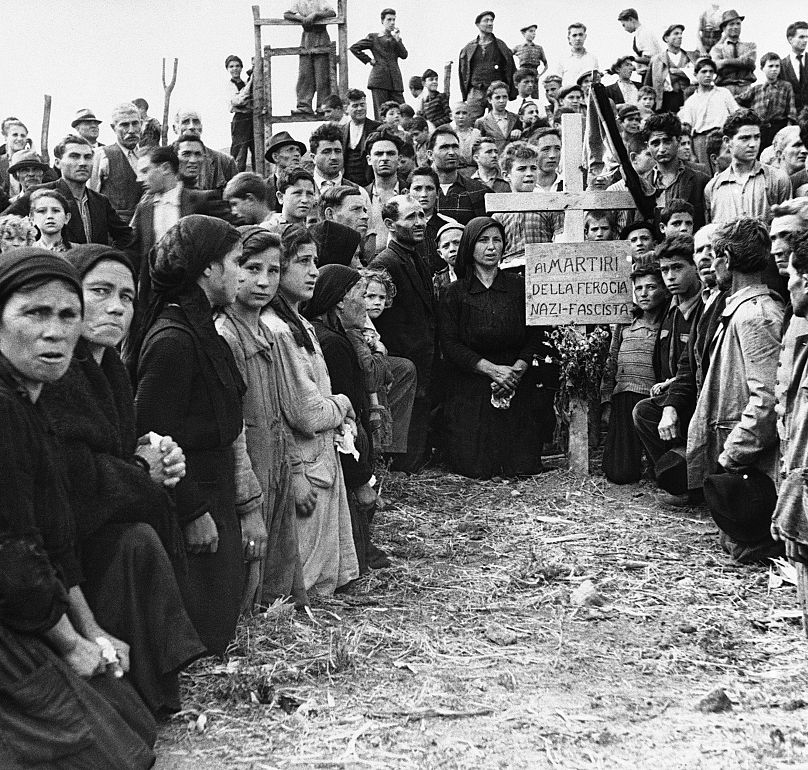By 28 June, any victims of Nazi atrocities in Italy and their relatives must file a compensation claim against Germany -- a deadline which puts an end to a years-long dispute between the two countries.
In January this year, 99-year-old Italian Quinto Nuzi filed a claim against Germany for €130,000.
 ADVERTISEMENT
ADVERTISEMENT
 ADVERTISEMENT
ADVERTISEMENT
The money would be compensation for the suffering Nuzi endured during World War II, when he was arrested by German forces in 1943 and detained for 20 months in a Nazi forced labour camp in Poland
His lawsuit came 78 years after the horrors he suffered in the camp - but he told Italian media he had no idea until recently that he might even be entitled to compensation.
Now, his lawyers have asked the Italian government to consider postponing a deadline at the end of June which would be the final date any Italians could make a claim against the German state related to World War II.
“We need to give the opportunity to all formerly detained troops and civilians to access the fund,” his lawyers said to Italian news media.
The looming 28 June deadline will close a years-long dispute between Germany and Italy which Berlin is eager to end - but which many in Italy consider unfair to bring to a close.
What's the history behind the compensation claims?
Back in 1943 and 1944, when Italy had become the main battleground on the Western front for the opposing Nazi and Allies forces, the war-time friendship between Germans and Italians had completely broken down.
Italians were arrested, deported, and forced to work as enslaved labourers in Germany. Civilians - including women, children, and older people - were murdered by the German military in a series of shocking killing sprees.
On 29 June 1944, Nazi forces killed 203 people in Tuscany - most of them women and children - as a reprisal for the deaths of four German soldiers by Italian anti-fascist resistance fighters.
After the war, the surviving families of those killed were among the many who, through the decades, asked Germany for compensation, filing several lawsuits against the foreign state in domestic Italian courts.
In 2008, Italy’s highest court ruled that Germany should pay €1 million to relatives of nine people who were among the 203 killed by Nazis in 1944.
But Germany said it paid out billions of euros in compensation for the atrocities committed by the Nazis during World War II to the countries affected - and that Italians had no right to ask Germany for more.
In 2012, Germany filed a case against Italy at the International Court of Justice (ICJ), which decided that Germany couldn’t be sued in foreign courts by victims of Nazi war crimes.
But since then, despite the ICJ's ruling, Italians have still continued filing compensation claims against Germany.
Has Germany paid for any compensation claim?
After the end of World War II, Germany concluded a series of treaties addressing the issue of reparations with countries across Europe, and agreed at that time to pay a total of €63 billion - the equivalent of €87.9 billion as of 2022 - to individuals, up to 2005.
In 1962, as the result of an agreement reached in Bonn, Germany paid Italy 40 million Deutsche Mark - the equivalent of €1.5 billion euros today - which the country said should have covered all damages made by Nazi forces during World War II to the Italian state and individuals.
According to Germany, Italy violated the deal made in 1962 by allowing its citizens to continue filing compensation claims against the country long after it was paid out.
In 1990, West Germany and East Germany signed the Treaty on the Final Settlement with Respect to Germany, an agreement that wanted to finally close any open questions on reparations to other countries and pave the way for the reunification of the country. The treaty was signed with the US, the UK, France, and the Soviet Union.
An end to the dispute
The years-long dispute came to an end when Italy’s then-prime minister Mario Draghi agreed in April 2022 to wrap up the issue with a law stating that no more compensation claims should be made against Germany; while those who had pending cases already filed would be paid out of a special fund of €55 million made available by the Italian government.
Draghi's decree also put an end to the seizing of German properties in Italy, a rather radical action Italy took to compensate the victims of Nazi atrocities, but which Germany regarded as a violation of its sovereignty.
The upcoming date of 28 June signals the deadline for Italians who have been victims of Nazi atrocities and their relatives to file compensation claims. And then, this long history of compensation claims stretching back more than 80 years will have come to an end, even if many Italians have been left with a bitter taste in their mouths.
On one hand, there are people who had already filed for compensation but think it should be Germany who needs to pay, not Italy.
On the other hand there are other people who haven't had the chance yet to file for compensation and might not do it now because of the lengthy bureaucratic process involved.















